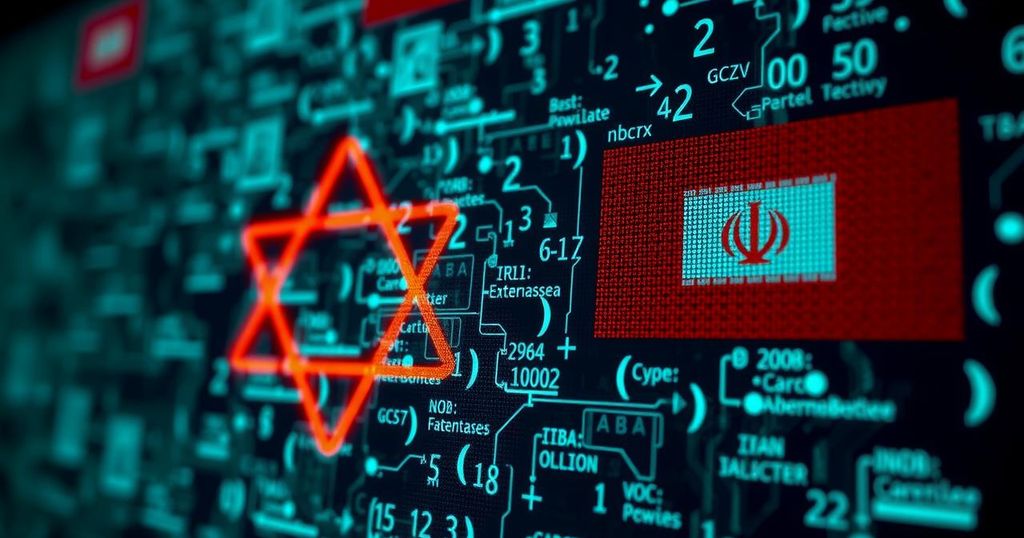Microsoft’s report reveals a significant rise in Iranian cyberattacks against Israel, which intensified following the onset of the Gaza war in October 2023. Prior to the conflict, Iran primarily targeted the United States. From October 2023 to July 2024, nearly half of Iranian cyber operations were directed at Israeli firms, as opposed to only 10 percent from July to October 2023. The report also highlights various social media campaigns aimed at undermining Israeli stability and influencing public opinion.
According to a report from Microsoft, Iranian cyberattacks targeting Israel have sharply increased following the onset of the Gaza war that erupted in October 2023. While prior to this escalation, Iranian cyber operations primarily focused on the United States, recent data shows that nearly half of the observed operations from October 2023 through July 2024 specifically targeted Israeli entities. This information is detailed in Microsoft’s annual Digital Defense Report. The study indicates a stark contrast in Iranian cyberattacks’ focus: from July to October 2023, Israel was the target of only 10 percent of such operations, whereas U.S. targets had been hit 35 percent of the time and the United Arab Emirates 20 percent. The Iranian government has intensified its digital influence and misinformation campaigns against Israel, which notably began mere days after the Hamas assault on October 7, 2023. Among the mentioned operations, an account named “Tears of War” was established to impersonate Israeli activists who were critical of Prime Minister Benjamin Netanyahu’s strategies regarding hostages captured by Hamas. Additionally, another account, referred to as “KarMa” and linked to Iranian intelligence, falsely claimed to advocate for the resignation of Netanyahu. Microsoft further noted Iran’s effort to masquerade as various partners by creating a Telegram account that utilized Hamas’s military logo to disseminate misleading information concerning hostages and to issue threats against Israelis. The extent of coordination between Iran and Hamas in these operations remains unclear. Furthermore, Iranian cyber operations have expanded beyond Israel’s borders, seeking to disrupt international support for Israel’s military responses during the ongoing conflict. This series of cyberattacks and misinformation campaigns underscores the increasingly complex geopolitical landscape influenced by digital warfare. Notably, the violence stemming from the ongoing conflict has resulted in significant civilian casualties, with reports indicating that the terror attacks by Hamas have claimed the lives of 1,206 individuals primarily among civilians, while Israel’s retaliatory actions have led to the deaths of approximately 42,289 people in Gaza, predominantly civilians, according to the Hamas-run health ministry. The United Nations has validated these figures, pointing to a humanitarian crisis in the region.
The tension between Iran and Israel has escalated dramatically, particularly in the context of the Israel-Hamas conflict that reignited in October 2023. This conflict has opened new avenues for cyber warfare, where Iran has shifted its focus from traditional targets like the United States to Israeli entities, marking a strategic change in its digital tactics. The increase in cyberattacks coincides with widespread violence, both on the ground and in cyberspace, as each side seeks to exert influence and destabilize the other’s operations.
In conclusion, the surge of Iranian cyberattacks against Israel since the escalation of the Gaza war highlights a significant shift in Iran’s cyber strategy. Microsoft’s findings illustrate that cyber warfare is a critical aspect of modern conflicts, where countries leverage technology to enhance their influence and deteriorate their adversaries’ stability. This digital battleground underscores the urgency of addressing cybersecurity as a vital component of national defense.
Original Source: www.voanews.com






